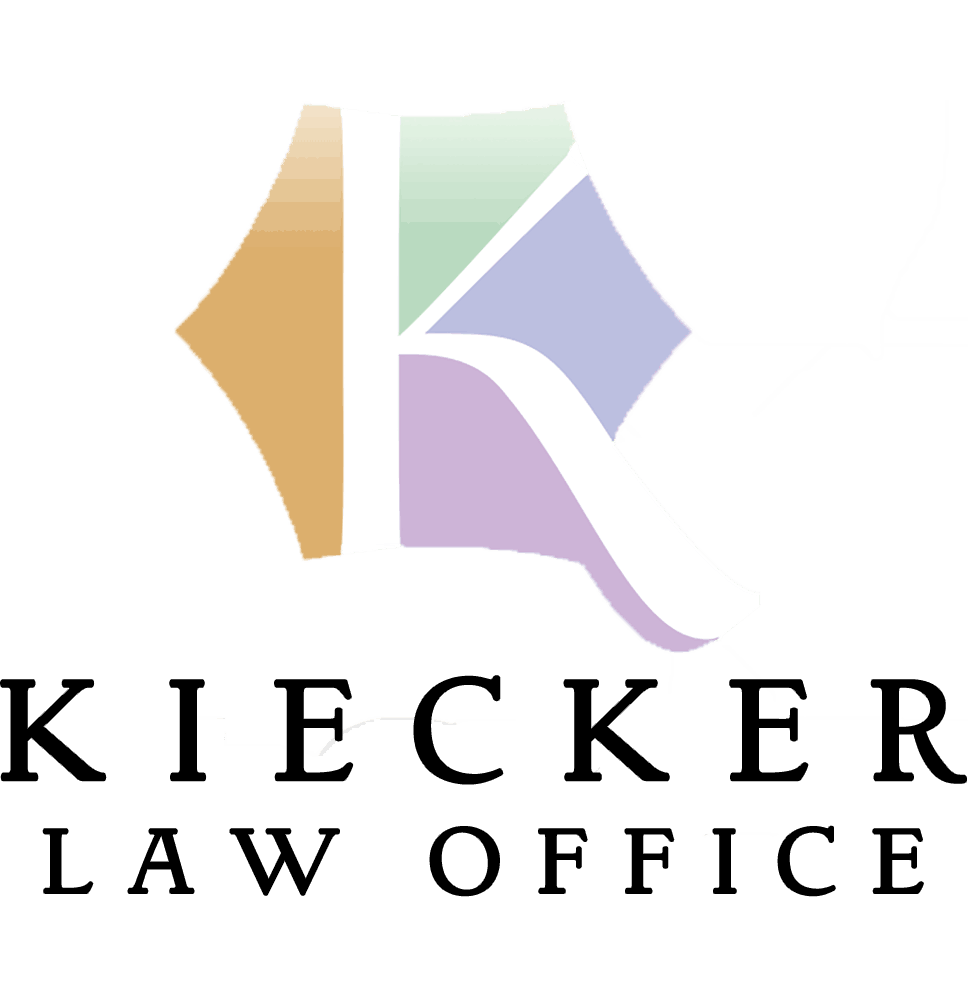Estate Planning for Parents With Special Needs Children Seminar
Later this month, we are going to be holding a seminar on a subject that is very close to our family’s heart. Our son was diagnosed as autistic and has ADHD. He is a very bright young man, but he sometimes has an amazingly kind heart and can get taken advantage of by other people that aren’t as innocent as he is. He shows amazing care for others and would give someone his very last cent if they asked for it. That’s why we, as parents, leverage a supplemental needs trust for him now and in the future.
So, you may ask, what exactly does a supplemental needs trust mean? A supplemental needs trust is a financial vehicle that has the ability to financially protect your child when parents aren’t able to do it any longer. It has the ability to protect state aid that your child may receive. It also grants the ability for you or someone you trust to keep watch over your child’s finances so that they don’t get taken advantage of. Essentially, a supplemental needs trust adds a separate level of protection for disabled people.
Say for example, there is a family that has a child that is disabled and another child that isn’t. The child with Autism receives state aid for therapy and additional classes to help them. This family could have a number of scenarios that come into play in which the parents would want to treat both of their children the fairly, but need to treat them differently. If the parents pass away in a car accident and need the children to be cared for. Presumably, the parents had life insurance to help take care of their children. Unfortunately, that life insurance COULD qualify the disabled child out of state aid. In essence, not only did the child lose their parents, the money turns into something that works against them when it comes to getting aid. Add to that, the children are now being treated differently and, probably, unfairly.
Another less tragic example is of grandparents that may want to help their disabled grandbaby. They have done very well in their professional life and can afford to help financially support their grandchild. There are limits to that, of course, and what the grandparents don’t want to happen, is for their gift to hurt their grandchild. They don’t want their grandkids to get taken advantage of financially. They also don’t want their grandkids to lose the help that they are receiving from the state. Grandma and Grandpa just want what’s best for their family.
As previously mentioned, we are holding a seminar later this month on Wednesday, September 25th at 4:30 pm to discuss just this subject. You can get your tickets here or contact Jeff at jeff@kieckerlaw.com or call (952) 843-8546. If you’re reading this blog, many of you know that Omni has written the book on supplemental needs trusts in Minnesota. Her book held the #1 Best Selling New Release on Amazon for her book Financially Caring for Your Disabled Child: A Guide to Understanding the Minnesota Supplemental Needs Trust. This seminar will focus on the same principles and explain how this subject may affect your family.


